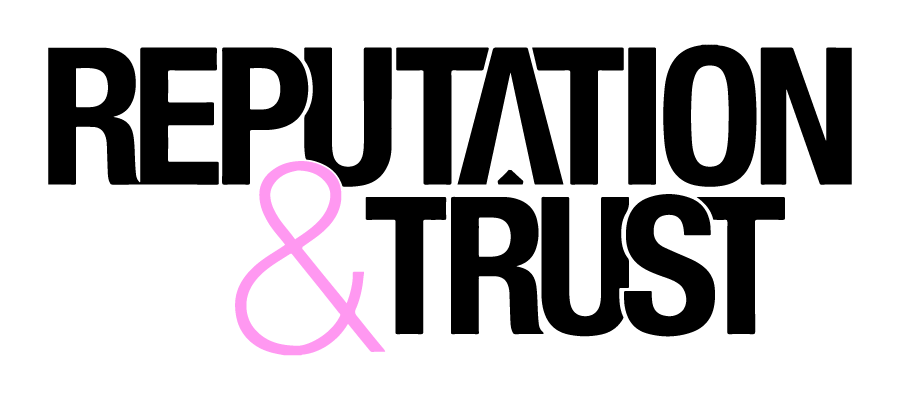What is Stakeholder Support and Why is it Important?
The Essence of Stakeholder Engagement
Understanding the dynamics of stakeholder engagement is crucial for any organization aiming to thrive in today’s complex business environment. Stakeholders encompass a broad range of individuals and groups with a vested interest in the success of a business, including employees, customers, suppliers, investors, and the community at large. Engaging with these key parties is not just about keeping them informed; it’s about actively involving them in decision-making processes, understanding their concerns, and leveraging their insights to drive better outcomes.
At Reputation&Trust Analytics, we recognize that the foundation of stakeholder support lies in robust communication channels. By fostering open dialogue, we can ensure that stakeholder feedback is not only heard but also acted upon. This collaborative approach helps in aligning business strategies with stakeholder expectations, thereby enhancing mutual trust and commitment. It’s a proactive step towards creating a resilient and adaptive business model that can withstand the test of time and market fluctuations.
Benefits of Strong Stakeholder Relationships
Why prioritize stakeholder support? The benefits are manifold and can significantly impact an organization’s performance and reputation. For starters, engaged stakeholders often become advocates for the company, championing its products, services, and initiatives. This can lead to increased customer loyalty, improved market perception, and even attract top-tier talent who want to be associated with a company that values its stakeholder community.
Moreover, at Reputation&Trust Analytics, we understand that stakeholders can provide invaluable insights that contribute to innovation and strategic growth. Their diverse perspectives can help identify potential risks and opportunities that might otherwise go unnoticed. By valuing stakeholder input, we can make more informed decisions that not only serve the immediate needs of the business but also contribute to long-term sustainability and success.
Implementing Effective Stakeholder Strategies
So, how do we go about building and maintaining robust stakeholder support? It starts with identifying who the stakeholders are and understanding their needs and expectations. This requires a methodical approach, one that involves regular assessments and the willingness to adapt as those needs evolve. At Reputation&Trust Analytics, we employ a variety of tools and techniques to map out stakeholder landscapes and prioritize engagement activities accordingly.
Once we have a clear picture of our stakeholder ecosystem, we focus on nurturing those relationships through consistent and meaningful interactions. This could take the form of regular updates, collaborative projects, or feedback sessions. It’s about creating a sense of partnership where stakeholders feel valued and respected. By doing so, we not only bolster their support but also ensure that our business strategies are enriched with a wealth of collective wisdom and experience.


